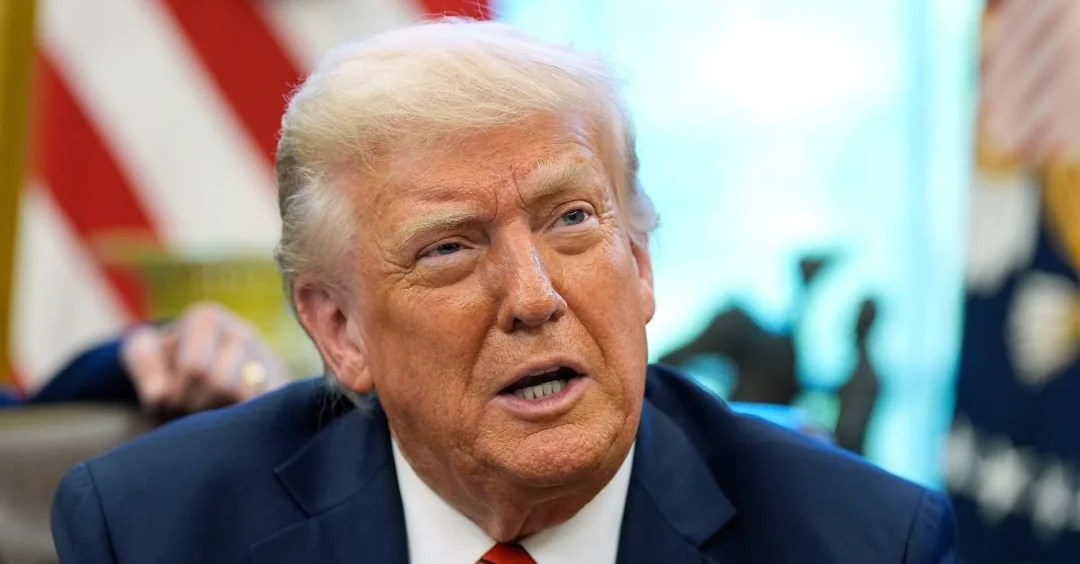Trump Administration Seeks Dismissal of Lawsuit Over Wrongful Deportation of Kilmar Abrego Garcia
The Trump administration has filed a motion to dismiss the lawsuit concerning the wrongful deportation of Kilmar Abrego Garcia, a Maryland construction worker, to El Salvador. The government argues that U.S. courts lack jurisdiction over the case since Abrego Garcia is no longer present in the United States.

Background
In 2019, an immigration judge granted Abrego Garcia protection from deportation, citing credible threats from Salvadoran gangs. Despite this, he was deported in March 2025, an action that violated the court’s order. Subsequently, U.S. District Judge Paula Xinis ordered his return on April 4, and the Supreme Court upheld this directive on April 10.
President Trump publicly alleged that Abrego Garcia is affiliated with the MS-13 gang, a claim that has not been substantiated with charges or evidence. Administration attorneys have not presented this allegation in court but have instead invoked the “state secrets” privilege, asserting that disclosing efforts to return Abrego Garcia would compromise national security.
Legal Proceedings
Judge Xinis has expressed skepticism regarding the administration’s invocation of the state secrets privilege, deeming the justification inadequate. She denied a government request for a 30-day extension to respond to the lawsuit, emphasizing that the administration had ample time to prepare its case.
Abrego Garcia’s legal team contends that the government’s motion to dismiss is a reiteration of previously rejected arguments and serves as a tactic to avoid compliance with court orders.
Broader Implications
This case highlights ongoing tensions between the executive branch and the judiciary over immigration enforcement and due process rights. The administration’s stance raises concerns about the limits of executive power and the protection of individual rights under the law.
As the legal battle continues, the outcome will have significant implications for the balance of power between branches of government and the rights of individuals facing deportation.


Comments are closed, but trackbacks and pingbacks are open.